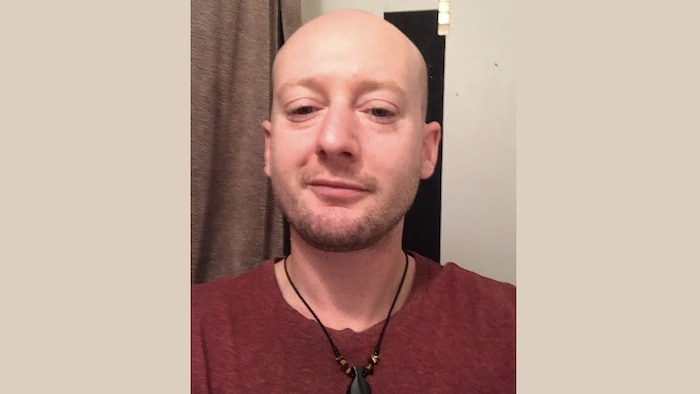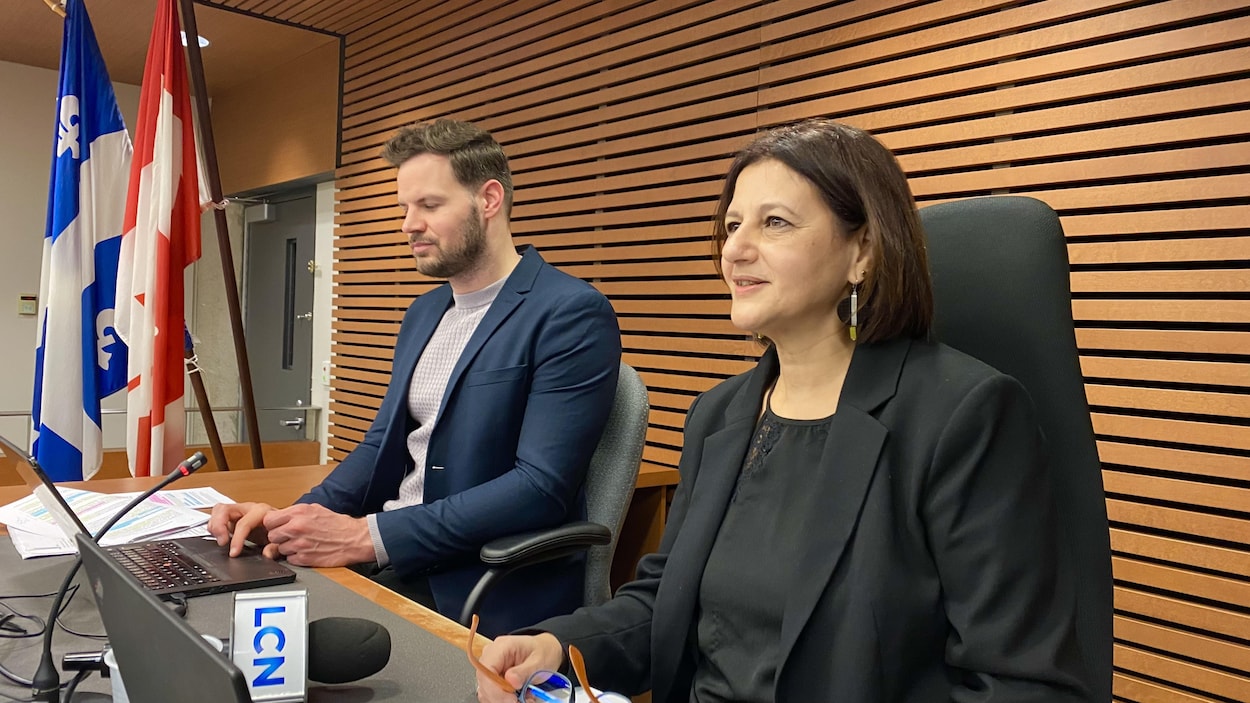Stakeholders in charge of Intensive Community Monitoring (SIM) of Isaac Brouillard Lessard, in Mauricie, testified to the difficulties they encountered in this matter.
During the third day of hearings of the public inquiry into the death of Maureen Breau, attention was focused on the psychosocial monitoring that Isaac Brouillard Lessard received while living in the area covered by the Integrated University Center of Health and Social Services of Mauricie -et-du-Centre-du-Québec ( CIUSSS MCQ), between 2021 and the time of the tragedy, in March 2023.
A team of Sim, who inherited the file, contacted Isaac Brouillard Lessard on December 30, 2021. She received a very brief service request, which summarized the situation of their new client.
In this document we find the age of Isaac Brouillard Lessard, his diagnosis of schizoaffective disorder, the fact that he is in remission from addiction to substances such as cannabis and amphetamines, and that he claims to be drug-free for 11 months.
At the time, Isaac Brouillard Lessard was on the verge of being evicted from his apartment, which he had lost due to a violent altercation with a porter earlier in the year.
Psychoeducator Marie-Maude Beaulieu, who is part of the team SIMshe testified about the difficulty she had in helping him when he SIM was assigned to his file.
She remembers that she got some pretty basic information about Isaac Brouillard Lessard, but that it was a pretty typical situation. We often start our interventions with a lack of information
she says.
A lack of cooperation was quickly noticed
In her intervention plan, which for her was mainly focused on the socio-professional aspect, she wanted to help him find a roof over his head, and then a job.
Most of the work around the job search took place in March and April 2022. She remembers helping him revise his resume (CV) and driving him into town three times to pick him up. continuebut refused any further assistance.
He didn’t verbalize his needs, (…) he didn’t really need help, according to him
she said, asserting that he refused advice on how to best present himself to potential employers.

Isaac Brouillard Lessard was resistant to monitoring by health professionals. (Archive photo)
Photo: Facebook
He had great confidence in himself to go see people and carry resumes
she recalls.
Ms. Beaulieu remembers that it was very difficult for team members to intervene with him.
Without cooperation with the client, they would not be able to make a very elaborate plan
she says.
A team of SIM they talked very early on, back in March, about their client not cooperating with them when they tried to proceed. By August, the team began to distance itself from him, moving to tracking primarily via text messages.
Isaac Brouillard’s file was officially closed in December at SIM, an event that delighted the principal concerned.
He was happy, he told us: “you finally understood” that it is not necessary to have a follow-up in life
adds Mrs. Beaulieu.
The coroner lamented the fact that there were no other sources who could be responsible for following up on the case, withdrawing SIM meaning hole
Feedback.
But Ms. Beaulieu recalls that when making the decision, the team SIM thought it was the right one.
We weren’t worried about Isaac, he was taking his treatment, he was going to his doctor’s appointments, he wasn’t acting aggressively during the year we were following him.
she recalls.
Ms. Kamel questioned the absence, in the Quebec system, of a mechanism similar to that of probation for mental health cases.
She complained that the responsibility often falls on health professionals who find it difficult to play this role.

